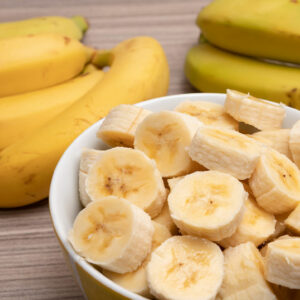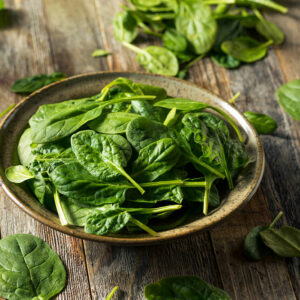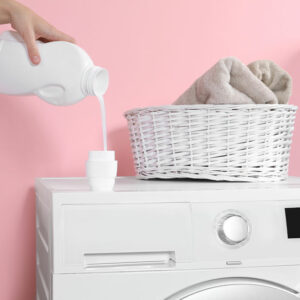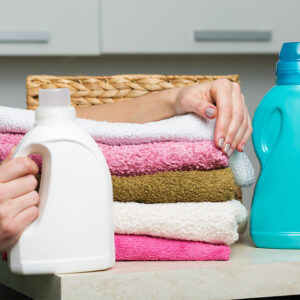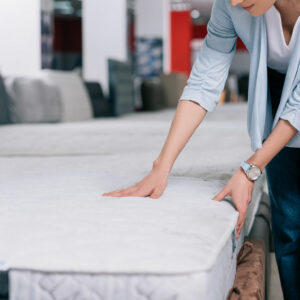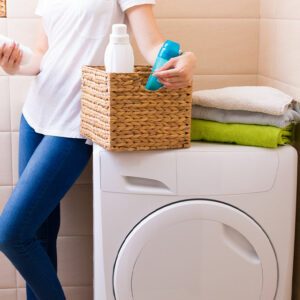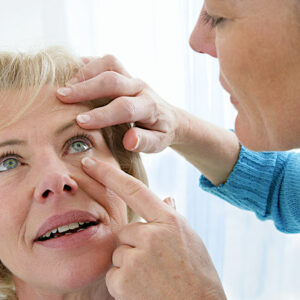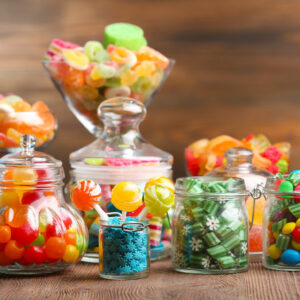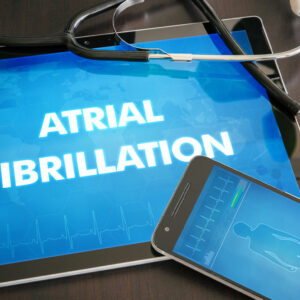10 unhealthy habits that can damage one’s teeth

Healthy teeth are a sign of overall physical well-being and personal hygiene. However, over 25% of individuals nationwide grapple with untreated tooth decay. Hence, oral health and hygiene should be as important as other aspects of physical health. Besides going for regular dental checkups and consulting a dentist regarding any dental issues promptly, one should avoid certain unhealthy habits, which can damage one’s teeth and impede the management of existing oral conditions:
1. Biting one’s nails
Biting one’s nails is often an indication of stress or anxiety. Besides damaging one’s nails and the surrounding skin, biting one’s nails can also harm dental health in the long run. Fingernails are typically petri dishes of germs and dirt, which are transferred to the teeth when one engages in nail biting. The accumulation of such agents on the teeth’s surfaces over time can lead to gum disease. Moreover, the friction caused between one’s teeth and nails during nail biting can eventually cause enamel to wear away, triggering tooth brittleness. Therefore, it is important to avoid cultivating this habit early on to prevent dental problems. Managing stress levels is an effective way to prevent one from biting one’s nails.
2. Having excess processed sugar
Sugar has been commonly linked to tooth pain and decay. Since added sugar mixes with bacteria in one’s teeth, it causes the enamel to dissolve, even ultimately leading to tooth extraction. Hence, it is essential to avoid added sugar to the best extent possible, rinsing one’s mouth or brushing immediately after occasional sweet treats. It also helps to replace added sugar with natural sugar sources like fruits and fresh fruit juices.
3. Using one’s teeth to open packets and bottles
Many individuals use their teeth as natural tools to open bottles, packets, etc. While it may be convenient to do so while traveling or when no sharp equipment, such as a knife or a pair of scissors, is available, this habit may cause the teeth to crack or chip.
4. Chewing ice
Ice typically helps one feel refreshed through the summer; however, munching on ice may cause the teeth to come in contact with frigid temperatures, eventually damaging them. Thus, it is a good idea to have cold beverages using a straw to avoid direct contact of the teeth with ice.
5. Grinding one’s teeth
Teeth grinding, also called bruxism, affects about one-third of the population during the day and one in ten individuals at night. This habit can restrict jaw movement, causing pain in the oral muscles. Hence, it is best to stop this habit early to prevent tooth damage. A mouth guard is an effective way to stop teeth grinding. However, it is best to consult a dentist before using a mouth guard. Managing stress and anxiety can also help control teeth grinding, as this habit usually stems from high stress and anxiety levels.
6. Brushing teeth vigorously
While brushing one’s teeth twice a day is an indispensable aspect of ensuring healthy teeth, brushing too hard can cause gum irritation, triggering teeth sensitivity with time. Therefore, it helps to brush one’s teeth for a longer duration than brushing vigorously for short periods. Using a brush with soft bristles is also essential for healthy teeth.
7. Chewing on pencil tips
It is not uncommon to nibble on the tip of a pencil while filling in one’s diary or making running notes. However, this habit can cause teeth cracking and chipping. In fact, according to reports by the Dental Association, individuals in the habit of chewing on pencil tips may grapple with the same ramifications as those who grind and clench their teeth. One can stop this habit by chewing on healthy, crunchy finger foods, such as carrot sticks, throughout the day.
8. Sucking the thumb
Thumb sucking is a common habit among children, particularly after the development of their permanent teeth. This seemingly innocuous habit can permanently damage one’s teeth and jaw structure. Hence, parents should use positive reinforcements to wean children off this habit. Gently reminding children about the harmful effects of thumb sucking can also help with stopping one’s child from engaging in it.
9. Using toothpicks
Using toothpicks is a common way to remove food lodged between teeth or dental cavities. However, poking the teeth with such sharp objects may cause dental damage and gum infection. Using dental-cleaning tools approved by the FDA is a better alternative to removing lodged food particles with a toothpick.
10. Eating too many hard or chewy foods
While the teeth are usually resilient enough to break down complex and chewy foods now and then, excessively consuming such foods can eventually lead to teeth brittleness, cracks, and damage. Soft foods like fruits, boiled vegetables, cooked whole grains, boiled eggs, and yogurt are better alternatives to hard and chewy foods.
Besides avoiding the habits mentioned above, it is essential to make some lifestyle changes to prevent and heal from dental health conditions. For example, one should have sufficient foods rich in calcium and vitamin D, stay hydrated, brush twice a day, and rinse one’s mouth after every meal to prevent and manage cavities, tartar, and gum disease, among other issues. Seeing a dentist at least once every six months is also crucial to getting one’s teeth examined for any potential problems.
